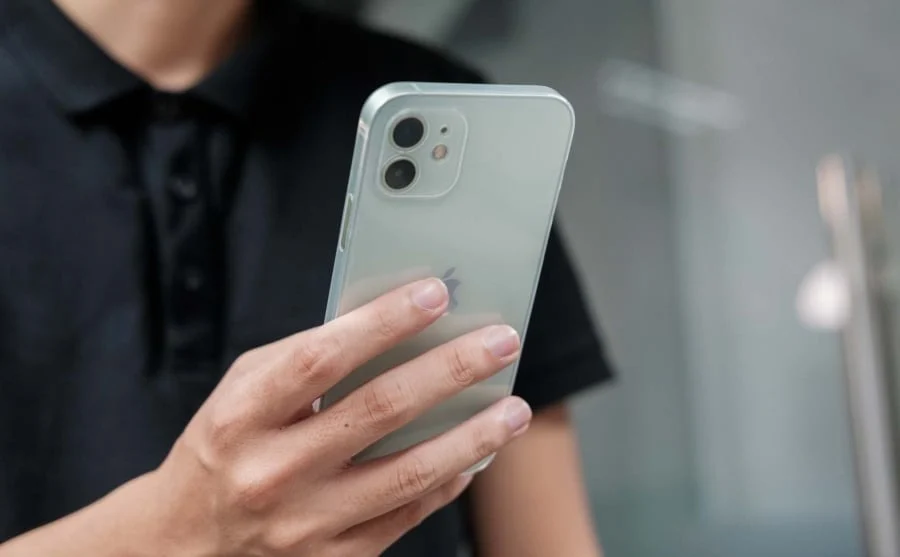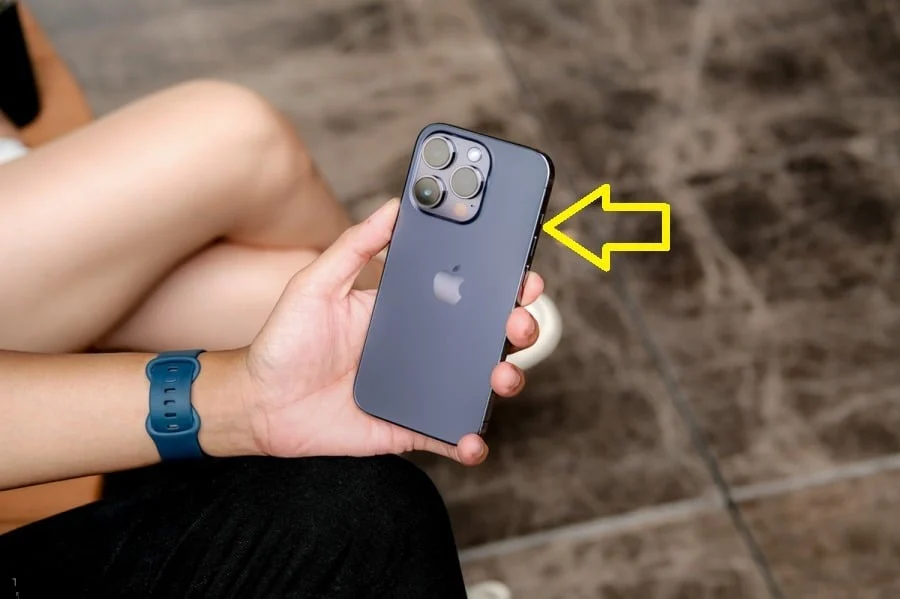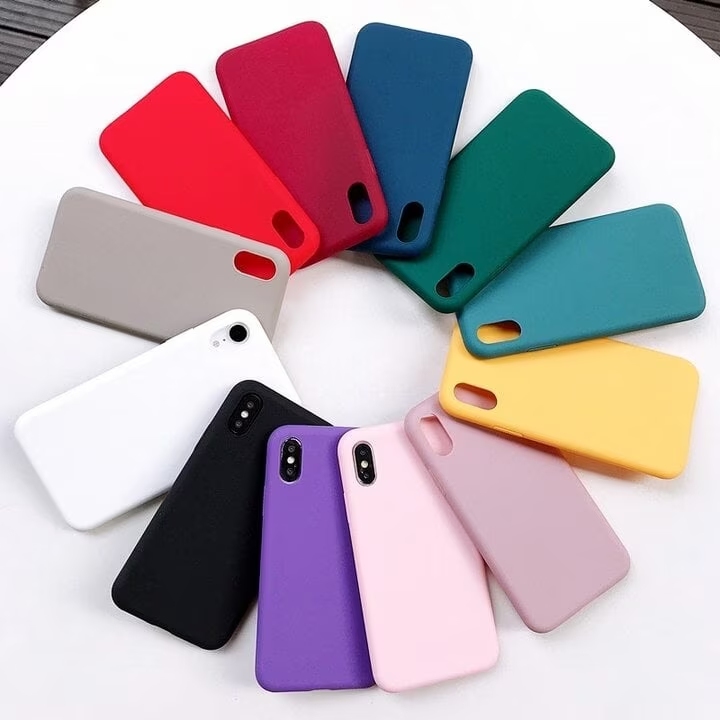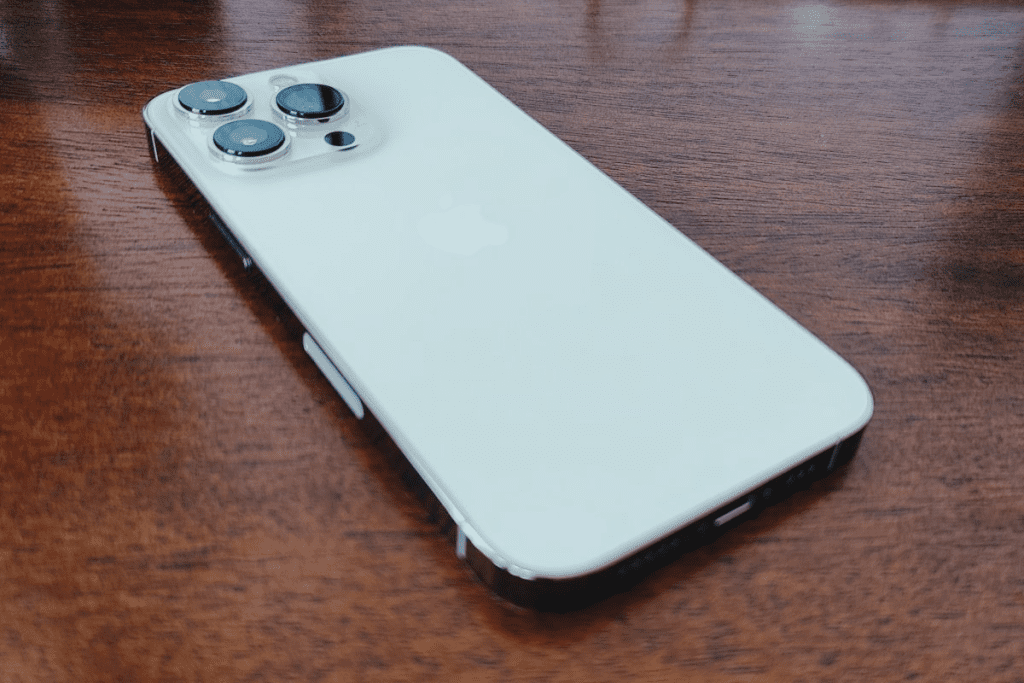Phone cases have become an essential accessory for many smartphone users worldwide, especially in Asia, where protecting phones from scratches, bumps, and dust is a priority. But why do many foreigners prefer to leave their phones bare? Is it simply a style choice, or are there other reasons behind this trend? Let’s dive into why some people opt to go without phone cases and how this reflects different perspectives on phone care and design.
The Popularity of Phone Cases in Asia

In many Asian countries, phone cases are considered a must-have. They are not just about protection but also serve as a means of personal expression. Here are some common reasons why phone cases are favored in Asia:
Protection Against Bumps and Scratches
Phone cases are designed to shield phones from accidental bumps and scratches, providing peace of mind. Whether it’s a hard case, soft silicone, or rugged cover, phone users appreciate the extra protection.
Extending the Lifespan of Devices
In Asia, phone cases are often seen as an investment to extend the phone’s lifespan. The durable materials used in cases help protect phones from environmental factors such as dust, moisture, and accidental drops. This added protection helps phones last longer and retain their resale value.
Anti-Slip Features for Better Grip
Many phone cases come with anti-slip features that make it easier to hold the phone securely. This reduces the chances of dropping the device, making it a practical choice for users who frequently use their phones on the go.
A Canvas for Personal Style
Phone cases offer endless options for customization. From vibrant patterns and quirky designs to sleek, minimalist styles, they allow users to express their personality through their devices. It’s no longer just about protecting the phone; it’s also about making a style statement.
Enhancing the Phone’s Aesthetic Appeal
With unique designs and colors, phone cases can enhance the phone’s aesthetic. Many users enjoy switching cases to match their outfits, moods, or seasons, making it a trendy accessory.
Why Foreigners Prefer Phones Without Cases
While phone cases are a staple in many countries, there are several reasons why foreigners, especially in Western countries, often choose not to use them. Here’s why:
Belief in the Phone’s Built-In Durability
Many foreigners have a strong trust in the design and durability of smartphones. Major brands like Apple, Samsung, and Google have invested heavily in creating devices that are both robust and resilient. This trust often leads users to believe that their phones can handle minor drops and scratches without needing a case.
Minimal Protection Offered by Cases
Phone cases can protect against surface scratches and minor drops, but they’re not foolproof. In some cases, they might even contribute to internal damage if users develop a false sense of security. For example, dropping a phone from a significant height might still result in damage, even with a case. Many foreigners feel that unless it’s a case specifically designed for impact resistance, it doesn’t provide significant protection.
Preference for Original Aesthetic
Phones today are designed with aesthetics in mind, from sleek metal finishes to curved glass edges. Many users prefer to enjoy the original design of their phones without covering it up. It’s akin to framing a beautiful painting with a bulky frame—it detracts from the original appeal.
Designers at companies like Apple and Samsung spend years perfecting the look and feel of their products. Covering a phone with a case often hides the sleek lines, premium materials, and craftsmanship that make modern smartphones visually appealing.
Heat Dissipation Concerns

Phone cases can trap heat, affecting the phone’s performance and longevity. Smartphones are equipped with powerful processors and multitasking capabilities, generating significant heat during use. A thick case can hinder proper heat dissipation, causing the device to run hotter and potentially impacting battery life.
By using the phone without a case, heat can dissipate more effectively, ensuring better performance and making the phone more comfortable to hold, especially during prolonged use.
Incompatibility with Wireless Charging
Wireless charging is a convenient feature found in many modern smartphones, but cases can complicate this process. While some cases are designed to be compatible with wireless charging, others can slow down the charging speed or cause the phone to heat up more than usual. This inconvenience is one reason why some users prefer to keep their phones uncased.
A Desire for a Slimmer, Lighter Feel

Cases can add extra bulk and weight to phones, making them less comfortable to carry in pockets or hold for extended periods. Many foreigners appreciate the natural, lightweight feel of their phones, and adding a case can diminish this experience.
Personal Preferences and Cultural Influences
It’s important to note that while many foreigners prefer to go without phone cases, this isn’t a universal rule. The decision to use or not use a phone case often comes down to personal preference, lifestyle, and individual priorities.
Some users might avoid cases simply because they’re used to handling their phones with care, minimizing the need for extra protection. Others might view phones as more than just tools; they’re symbols of status or design appreciation, best enjoyed in their original form.
The Pros and Cons of Using a Phone Without a Case

Going caseless has its perks, but it also comes with some risks. Let’s weigh the pros and cons:
Pros:
- Maintains Original Aesthetics: Enjoy the phone’s design without any distractions.
- Better Heat Dissipation: Improved ventilation can prevent overheating.
- Lightweight Feel: Without a case, phones are more comfortable to hold and use.
Cons:
- Increased Risk of Damage: Without a protective barrier, the phone is more vulnerable to scratches, dents, and shattering.
- Lower Resale Value: Phones with visible damage may have reduced resale value.
- Less Grip: Phones without cases can be slippery, increasing the risk of accidental drops.
Conclusion: To Case or Not to Case?
Whether to use a phone case or not ultimately boils down to personal preference. Some people prioritize protection and style, while others value the sleek, original feel of their phones. While phone cases provide added security and customization options, going without one can allow better heat dissipation, a lighter feel, and an unaltered appreciation of the phone’s design.
So, the next time you see someone using their phone without a case, remember—it’s not just about protection; it’s also about enjoying the beauty and craftsmanship of modern smartphones.


